 Japanese has around 1,200 onomatopoeia divided into 3 families (Kadooka, 2009.; Inose,n.d. ). That’s around 3x more than English has. Onomatopoeia are words used to represent calls of animals, sounds of nature, sounds of people, and other sounds (Alilyeh & Zeinolabedin, 2014). Luckily, manga doesn’t use all of these sound words. However, it’s common for manga to leave these sound words untranslated. First, it’s expensive to edit the sound effects and replace them with English. English words can mess up the flow and impact of the story. Next, English lacks most of the sound effects found in Japanese. So manga readers have to learn these words. This actually means manga readers have an edge over traditional book-readers.
Japanese has around 1,200 onomatopoeia divided into 3 families (Kadooka, 2009.; Inose,n.d. ). That’s around 3x more than English has. Onomatopoeia are words used to represent calls of animals, sounds of nature, sounds of people, and other sounds (Alilyeh & Zeinolabedin, 2014). Luckily, manga doesn’t use all of these sound words. However, it’s common for manga to leave these sound words untranslated. First, it’s expensive to edit the sound effects and replace them with English. English words can mess up the flow and impact of the story. Next, English lacks most of the sound effects found in Japanese. So manga readers have to learn these words. This actually means manga readers have an edge over traditional book-readers.
Manga is called a multimodel text. This simply means it takes many different skills to read. Manga readers have to understand some aspects of Japanese culture to get the references. You have know how to read the overlapping images and text. Not to mention good manga is read right to left. Now add in Japanese sound words and words English lacks like shonen, shojo, and maiko. Manga encourages a variety of skills, from image interpretation to the Japanese language, that reading traditional prose cannot do. Manga readers have better developed multidimensional thinking than traditional readers because of the complex cinematic language of the medium. Manga readers are comfortable with seeing different languages and looking up the meanings of words. They are more aware than the general reader about cultural differences between countries.
Understanding Japanese Sound Words
With all that in mind, let’s look at how Japanese onomatopoeia work. There are 3 families and 5 classes. Families group words together by what sounds they mimic. Classes group words by their structure, how the words themselves look and sound. English sound words have the same families and classes. Let’s look at the families before we get into the more technical classes (Inose, n.d.):
Giseigo: These words mimic voices of people and animals.
- ワンワン wanwan (bow-wow);
- キャア kyaa (aaaah).
Giongo: Words that imitate sounds.
- ザアザア zaazaa (the sound of rain, English lacks a true equivalent)
- バキッ baki (crack)
Gitaigo: words that represent something visual or a feeling.
- ニヤニアヤ niyaniaya (smiling ironically)
We will look more into gitaigo later. These are not true sound words but they appear in both anime and manga. I will use katakana for sound words, but you may also see them in hiragana and kanji. Onomatopoeia are mostly written in katakana. Katakana is used to write loanwords like television, テレビ (terebi) and to make words stand out.
Okay, so let’s go into the classes. There are 5 classes that categorizes word structure (Kadooka, 2009).
Bare stem – this is the root of the word. Think of the word study. Stud is the stem. Study becomes studied in the past tense. Studying is the present perfect tense. A word stem is the basic version of the verb.
For example:
hanasu (to speak) => hana (bare stem) => hanashimasu (speak, present tense)
Japanese sound words in this class use the stem like hana
Altered Reduplication – repeats the first word with a slight change. Think bow-wow. ガサゴソ gasa-goso (a rattling sound).
Doubled Base – repeats the base sound of the word. Think rattattat.
Reduplication – repeats the sound. Think pop-pop. コロコロ korokoro (something rolling) This is the most common class of sound words.
Miscellaneous – catches all the other words that don’t fall into the previous groups.
So why do you need to know this? It can help you determine which words are sound words and which are not while you read. Sound words can have degrees and knowing the class helps you determine if the words are related:
ハタハタ hatahata – the sound of something fluttering in the wind
パタパタ patapata – the wind is stronger than in hatahata
バタバタ batabata – the wind is stronger than in patapata.
They words retain the same Reduplication and Doubled Base (ata). This is pretty technical. But knowing these classes can help you know, at a glance, if the word is an onomatopoeia.
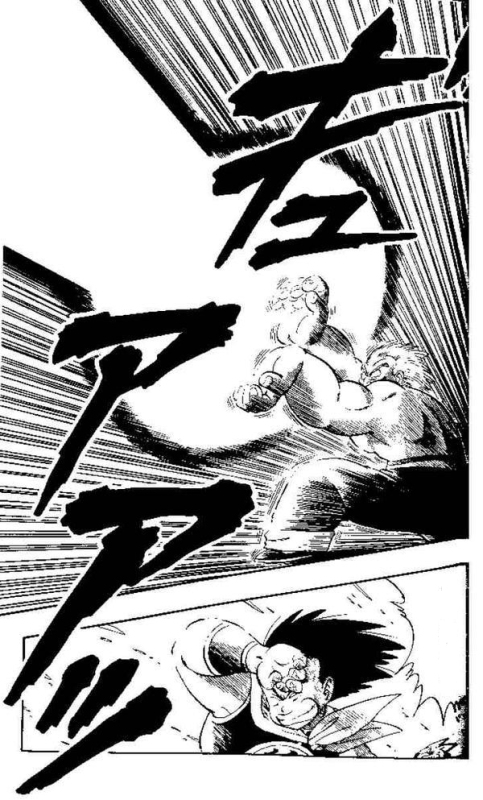
Words Representing a Sight or Feeling
Gitaigo aren’t unique to Japanese. We have them in English too: smirk, wink, grin. Gitaigo clarify or emphasize expressions or feelings a character has. One of the most common is じーっ, jii. This means “stare” and is often used with a character, well, staring at another or the reader. Gitaigo become a part of anime’s visual language. They are not meant to be read as much as seen. Mimetic expressions, as these are called, are common in Japanese language. These expressions sometimes appear in anime.
Words that translate to headache and other internal feelings make it clear what a character is experiencing. Manga isn’t able to describe internal feelings like prose can. In a novel, you often sit inside a character and watch events through their eyes. In manga, you are an outside observer. Gitaigo allows authors to clue readers in on internal feelings. They work the same way as writing “Timothy rubbed his throbbing head.” We can see the character rub their forehead, but we may not know it is because of a headache instead of an itch without gitaigo.
Japanese Sound Words Guide
This chart is by no means complete, but it should help you learn some of the more common onomatopoeia found in manga. The chart uses katakana and hiragana. I then provide the transliteration in English and its rough translation.
Gitaigo are in bold. The table is sorted by katakana/hiragana to help you find the phrase by its first letter. This guide doesn’t contain every sound effect. If you want a larger guide, which overlaps with this list, please look into my expanded manga sound words guide, which includes a downloadable spreadsheet of the words.
References
Aliyeh, K. & Zeinolabedin, R. (2014). A Comparison between Onomatopoeia and Sound Symbolism in Persian and English and Their Application in the Discourse of Advertisements.International Journal of Basic Sciences & Applied Research. Vol., 3 (SP), 219-225.
Inose, Hiroko (n.d.) Translating Japanese onomatopoeia and mimetic words https://www.academia.edu/8327377/Translating_Japanese_onomatopoeia_and_mimetic_words
Kadooka, K. (2009). Onomatopoeia Markers in Japanese. Lacus Forum 28. 267-275.
Schwartz, A., & Rubinstein-Avila, E. (2006). Understanding the Manga Hype: Uncovering the Multimodality of Comic-book Literacies. Journal of Adolescent & Adult Literacy 50 (1) 40-49.
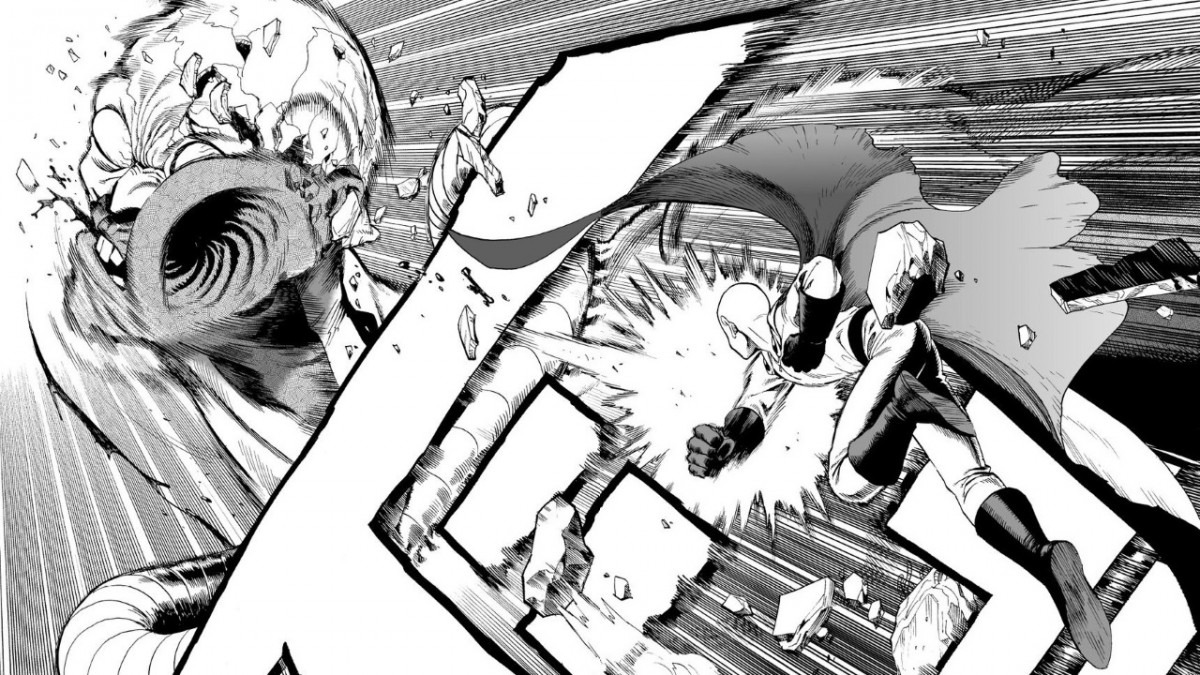
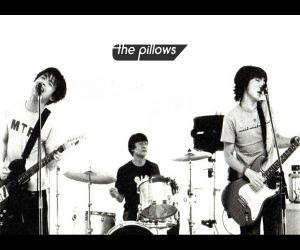
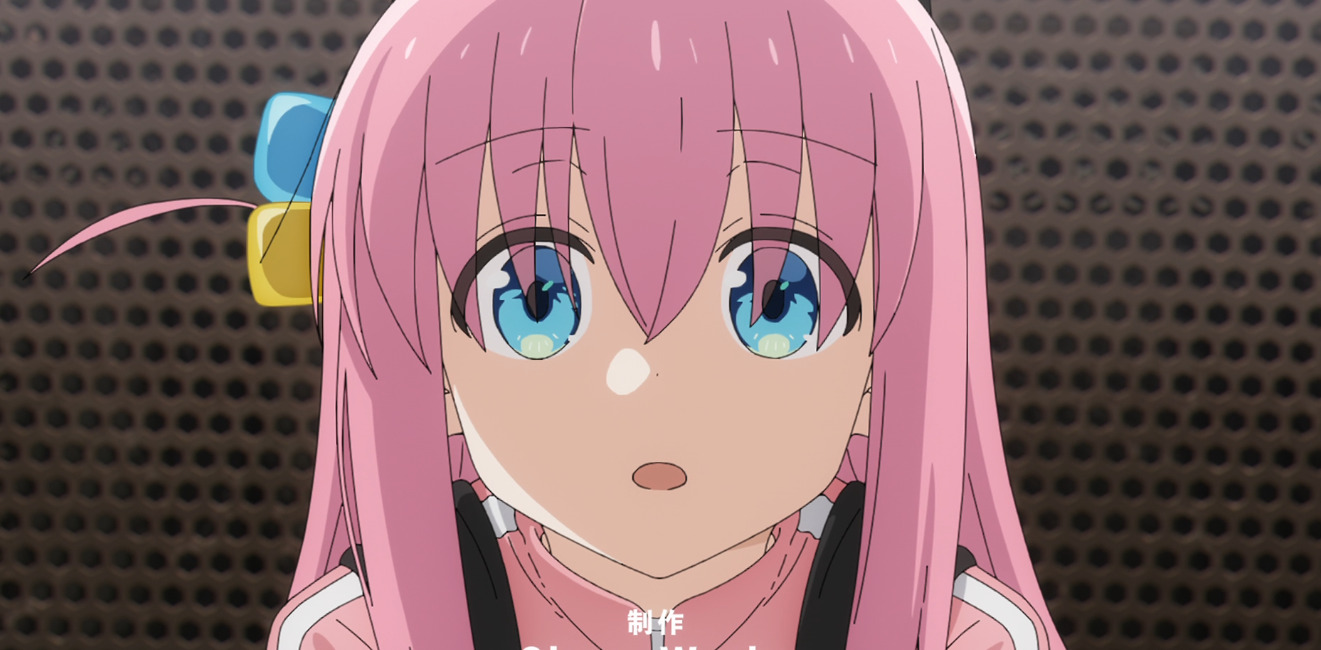
![Manga Sound Effect Word List [Over 250 Words and Meanings] karate-idiot-manga](https://www.japanpowered.com/media/images/karate-idiot-manga-350x230.jpeg)
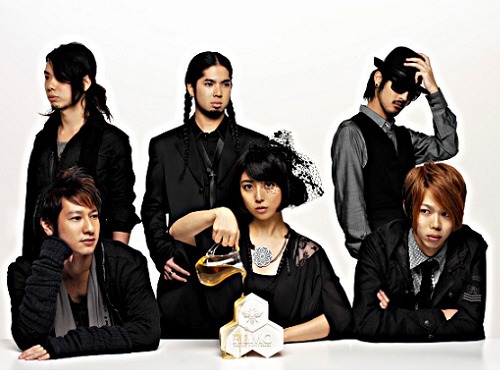
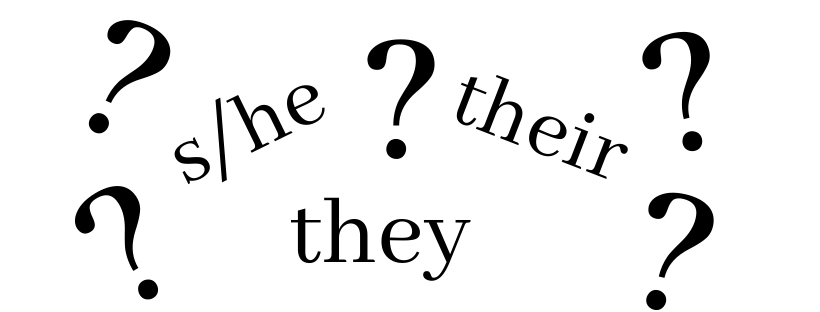
What about hiragana or katakana where there are no ” sound effects, like ア”ー!
Some of those become verbal interjections like how “ah”, “um”, “er” function in English.
what about んるぐんるぐ
Without context its hard to know for sure. That sound word appears to be something like a groan or a mutter with its structure: ngrugnrugu. It could also be a machine sound, like the grinding of a clock’s gears. Many sound words are invented by the mangaka to approximate a sound in a certain context.
what about ずも ももも ?
Without context, it’s hard to determine what the author intends, but that sound word looks like a version of “zoooom”
What about something like ガララ?
Without context it’s hard to know, but the extended “ga” can mean “whirl”.
ガ ー Gaa whirl
There is a word that I am trying to figure out that i can only describe. The letters look like a flipped capital E like 3, with a small line coming up from the bottom line and almost reaching the second line in the E. There was also a lowercase t, going through the E and the E had a straight vertical line connecting to an O/circle at the bottom.
It’s hard to know based on your description without the context. If you could send a photo, perhaps I could identify it: webmaster [at symbol] japanpowered.com
君 perhaps? It’s a rude-ish way of saying “you”. To be honest, from your description it might be Korean rather than Japanese.
Could also be one of these kanji: 尹丑古右書
Good luck
Rain sft could be ‘pitter patter’ in English. What do you think?
Yes! That is one rain sound effect.
Something like ピッた パッた ?
Well, first I am new in the field of comics and wepton. I was always writing stories and novels and now I decided to draw these stories as I can draw. So I want to know when to use these effects sounds. Some of them did not know for any purpose. Please help and I will be grateful to you!
When to use the sound words depends on what you want to tell the reader. They need to clarify the thoughts, actions, and feelings of the characters within a scene. That’s all the advice I can really offer because it really depends on your story and how you want a scene to be read. Experiment and see what works!
Well thank you, but what I want to learn is… some words I don’t know when to use… like “bzzzt”… I want to know when to write them in my comics… while “achoo” seems obvious to me for sneezing… and so on. So, I almost face this problem.. Also, for example, when someone slips or falls, I don’t know what the SFX I should write as.. so can you help me and I will be really thankful to you🥺🌹…
By simply… I want to know some SFX what meaning!🤧
Whenever I see sound effects in comics, they serve to clarify whatever is happening in the scene or compliment the action. BAM! POW! (to use the old-school sound words) add impact to a punch or a kick, but this isn’t always necessary if your art makes the punch felt. The best sound effects are built into the artwork itself. Sound effects ought to clarify what’s happening. If the artwork stands on its own, there’s no need for a sound effect. But you can try dropping a sound word in (if you are doing digital art) to see if it clarifies or not.
Hi!
Firstly, there’s a small error here:
コスコス kosokoso secretly
The katakana says kosukosu.
Secondly, what might “ピト/pito” mean? It was used in a doujinshi. I think the girl presses her forehead to the boy’s forehead, does it indicate the sound of foreheads touching?
Image: https://i.imgur.com/lMM4YCM.jpg
Thanks!
Thanks for the correction!
I surmise the sound effect is the sound of foreheads touching, or perhaps the girl pressing her lips together for a kiss. Either way, I would read it as the sound of a gentle touch.
What would this sound effect be?
https://imgur.com/a/f53N6CC
I would read that as either a stylized ず (zu) or すつ(su-tsu). Without seeing the rest of the panel, I would read it as a hissing sound or similar to すーっと (su-to): “sudden” or “gently.”
Hello! Im currently trying to translate a comic strip and realized Im not very familiar with SFX or onomatopeia. What’s キン 、ブン and ズバ
I’ve seen sound translations in manga that simply transliterate instead of translate. Without the image context, it can be hard to know what sound is meant to be heard. I’m not familiar with the words you provided. キン, kin, has a metal sound to me. ブン, bun, makes me think of someone getting thumped on the head. ズバ, zuba, has an unfortunate transliteration: it becomes marijuana joint in English slang :D. Sometimes sound effects are just made up instead of having meanings. Does anyone else have insights?
Hello! Sorry to bother, I checked some lists but didn’t actually find the onomatopeia that I was looking for. Is there any that you would use for a hug? Something like “Squeeze” or similar? Thanks!
I’m not aware of an onomatopoeia for hug, but you might be able to combine two different ones. Perhaps take the word for hug and write it in katakana: ホヨ, hoyo, with ニコニコ,nikoniko, (feeling happy and smiling) or the standard ドキドキ, dokidoki. ホヨホヨ would follow the usual onomatopoeia structure too.
Japanese onomatopoeia for tight hugs is like “Gyuuu” and “Squeeze” during hugs, it would be like “Mugyuu”.
https://ibb.co/Ydm3nby
Image from anime Kanojo, Okarishimasu Episode 8, 04:26
Thanks for the addition!
Anyone have any idea what this would be? ぱつこ
It seems to be very easy to find sound effects from katakana online, but very difficult to find sfx composed of hiragana. I’ve been looking for that one for hours. Thanks.
It would transliterate to “pa tsu ko” patsuko. In katakana: パツコ. It doesn’t follow the usual sound effect patterns, so I am uncertain what it is trying to replicate.
How can you describe a person who whines? For example, a girl who is sulky because a guy is ignoring him.
Well, this seems to be a case where you will have to make something up. If you writing in English a small “whine” or “whimper” may work. If you want to use a Japanese sound effect, maybe take the word for whine (I think it is Kunkunnaku くんくんなく)and convert it into a sound word. Maybe kunkun (くんくん).
If someone falls into floor what sound will it make?
Well, it depends on what you are going for:
ガシャンッ – crash
バキ – thump
You can also make your own up, just like people do in English, such has ガシガシ or some other sound.
Such onomatopoeia should be localized and rewritten for the overseas market.
Putting it out as is would only sell it to the alt-right=weeaboo who made trump the president.
JOJO, for example, is the most appropriate example, although the Italian version, localized with modified onomatopoeia, is still published intermittently in book form.
However, the North American edition, which kept the onomatopoeia intact, failed to make a hit, and the publication was discontinued midway through.
English lacks the onomatopoeia to localize. Standard sound effects in comics are fairly limited, but it would make reading easier.
I started reading Elfen Lied and the sound words, or sfx words are in Korean, can someone explain why?
Are you reading an online scanlation? If so, the translator may have scanned the Korean translation.
Sorry if I’m posting too much! I just wanted to say one more thing: “Nico Nico Nii!” comes from ニコニコ (Niko Niko), meaning smile. And apparently, the phrase “Nico Nico Nii!” means “Say ‘CHEESE’!” Well, I guess one of Love Live!’s main characters has an interesting catchphrase, doesn’t she?
Anime likes to play around with sound words. I wish English had as rich a sound dictionary as Japan and other cultures do.
The food, Pocky, comes from the onomatopoeia ポッキン (Pokkin), meaning snap, as in a stick snapping.
That’s an interesting origin, and it makes sense!
Cat noises:
にゃ、にゃ〜、にゃん、にゃ~ん、にゃお、にゅ、にょ、みゃあ、にゃ~にゃ~。
Nya, Nyaa, Nyan, Nyaan, Nyao, Nyu, Nyo, Myaa, Nyaa Nyaa.
Cats are cute!
The Japanese sound word for meow certainly sound closer than “meow.”
Cats make all sorts of sounds. I find that the main “meow” typically sounds kinda like “roww” or “meow” depending on the individual and mood. If you tell me your cat says “nyaa” then I don’t doubt you, but my late cat would say “meow”.
The hunting trill always sounds like “nya” though.
Cats are flexible. I had an old cat who would say “out” when he wanted to go outside.
Yeah, they’re capable of mimicry to a certain degree. Apparently the trill is their attempt at mimicking bird calls, then we have cats like this: https://a.pomf.cat/vxyvqm.webm
Nice article, I used おっとっと next to わりいーね , probably not natural. That DB manga page is intriguing.
What manga does Mercenary Toa and Goku switch places?
I’m not certain which manga that happens. You may be able to find the answer here
Whaaaaaat? I don’t understand what on Earth you’re talking about!
What is the dound effect of an elevator door or electric sliding door noise?
I don’t know of one, but you might be able to create one of your own.
This article doesn’t cover each solid word. Creators regularly make up their own sounds as well.
You are right. I can’t cover every single word that’s out there, and authors do make up their own sounds all the time.
“Karakara” means “very dry”, not sweat.
Use it like “Nodo ga karakara da.”
This means “thirsty.”
If “Zimen ga karakara da”, it means “there is no moisture on the ground”.
(Used Google Translate)
Thank you for the correction. It’s better translated as “dry” or “rattling.” Representing a sweat drop is more obscure from what I see in dictionaries.
thank you so much this is really useful for me since im making my own manga ;;-;;
also very random but, hope u have a great 2020!
I’m glad it could help. Have a blessed 2020!
there is no zawa zawa i saw in gantz wtf is this uncompleted site
This article doesn’t cover every sound word. Authors often make up their own sounds too.
Sound effects are the most useless filler in a series. Readers are perfectly capable of imagining sounds for themselves. I really hate it when translators bother translating them into english.
English looks out of place in many cases. Part of the enjoyment of sound effects involves how the artist draws them and merges them with the frames.
Dumbest comment I’ve ever read lmao
Thanks, was very useful
I’m glad the article helped.
is there a larger guide?
I compiled this list from several guides. A larger one may be out there, but I haven’t found a complete list.
ぴょんぴょん!Like a bunny bouncing! かわいいね!How CUTE!
That is a fun sound word.
You wrote Katakana on the column but several of those characters throughout the entire list are written in Hiragana.
Yes, I did this based on my research. While many sound effects are in Katakana as I state, not all of them are. I wanted to provide examples of Hiragana sound effects in addition to Katakana. I selected the ones that appear to be written in Hiragana more often than in Katakana. I’ve edited the post to clarify my intent.
They’re cool
Thanks
My favorite part of this post was:
“Timothy rubbed his throbbing head.”
( ͡° ͜ʖ ͡°)
…sorry I just couldn’t help myself. You totally set yourself up for it.
Hahaha. To be honest, I hadn’t realized the other direction that could be taken when I wrote it. 😛
In that Dragon Ball page, it says ギュアアッ (gyuaa-), not キュアアツ (kyuaatsu).
Thanks for the correction! I took a closer look and I see my mistake. With my poor eyesight, I often can’t see the difference between ッ and ツ. They look the same height to me in many cases.
I forgot to mention that casual Japanese conversation also uses some gitaigo like verbs from time to time. E.g. “dara dara shinaide!” would be “don’t laze around!”
My sources also say gitaigo are used in conversation. But then, we do the same in English without thinking about it.
I tried translating fan-made comic strips before and I realized I am not so knowledgeable on Japanese onomatopeia. Looking for resources to help me translate these sound effects, I found this and this.
Okay, this is trivial, but a friend once tweeted that イヤア is less suitably translated as “nooooo!”, because it is essentially closer to the English “Eeek!”
Thanks for the links! Onomatopoeia suggest a difference in how we hear things in addition to language differences.
The difference between イヤア being translated as “no” or “eek” may depend on circumstance. Eek is an onomatopoeia I’ve never encountered as a native English speaker.